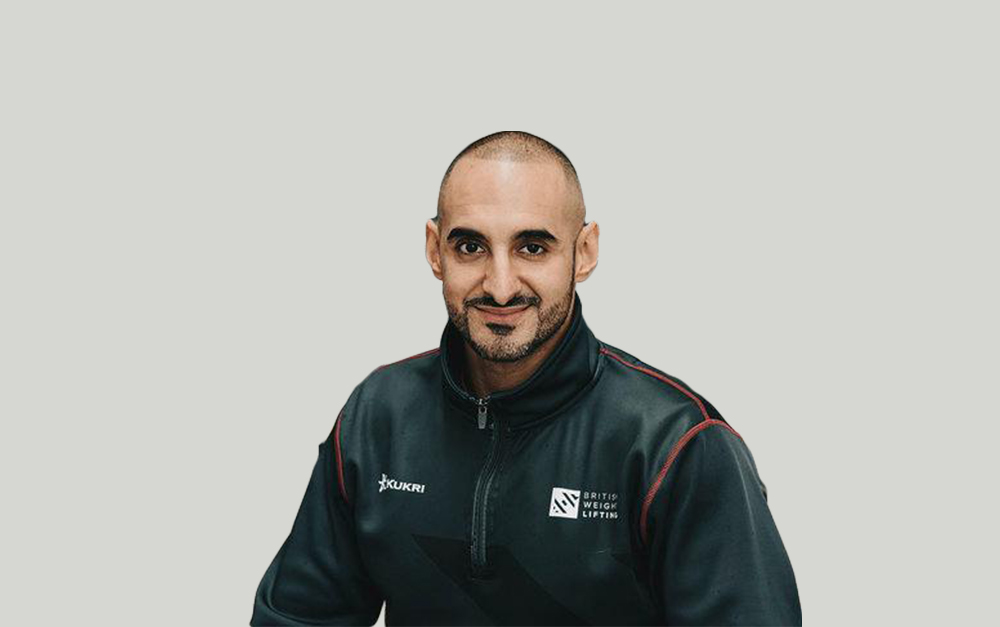Paralympian Ali Jawad: “WADA Needs To Be Transparent To Gain Confidence Of Athletes”
November 17, 2020
Last week, athlete representatives from 14 countries joined forces with 14 leading National Anti-Doping Organizations (NADOs) to collectively call on meaningful reform at the World Anti-Doping Agency (WADA). iSPORTCONNECT spoke with Ali Jawad, the British Paralympic powerlifter who won silver at the Rio Paralympic Games in 2016 to know more about what athletes are hoping for from WADA. Excerpts:
Why do you think WADA needs reform and to adapt?
In the last 4 to 5 years, ever since the Russian doping scandal, athletes have demanded a more meaningful say in the decision making of WADA. WADA claims to be athlete central and its all about the athlete’s voice but at the same time athletes are not allowed to vote on the foundation board of WADA which is the decision making of the organisation. This means that when the athletes are trying to influence the system, there is no meaningful way to do it. Unfortunately, lot of athlete commissions are not elected. Therefore, it is important that athletes have a say and vote in the decision making of the organisation.
What do you think it shows by this number of organisations calling for change?
With many organisations calling for change, it is important that the national anti-doping agencies and athlete commissions are united in this. It is not just the athletes calling for changes and reforms, it is also the NADOs. The NADOs are very important because they are the spine of the anti-doping system. If not for the NADOs, athletes would struggle to implement clean sport. Therefore, the athletes and NADOs coming together, we are hoping that WADA would hopefully engage with us more.
What do you think needs to be done in terms of athletes rights?
When it comes to athletes rights, it is very important that first and foremost, sanctions and standards around the world needs to be consistent. WADA also needs to be transparent when it comes to all the decisions they make and be honest with the athletes. We also need a system where athletes can influence the decisions of WADA like an elected athletes commissions voted by athletes and not handpicked by WADA itself. Also, an athlete or athletes on the foundation board that have a meaningful vote regarding decisions making on behalf of athletes, a stronger voice is needed going forward.
And till these changes are made, I can’t see athletes being confident in the system. Unfortunately, for us, WADA has been very slow in this and there seems to be no reason as to why and if there is, they are not saying anything which I think is still bad because if they came out and explained why they are so slow and problems involved with it, atleast athletes will be aware but we just don’t know why it is taking so long.
What has your experience with WADA been like from an athlete perspective?
My experiences with WADA have been mix. I think they have done great work in terms of trying to improve the international standards around the world within the code in terms of education and science and samples of testing later. That side is quite impressive however, when it comes to athlete representation and athlete rights, I am very concerned that they are still in the old ages. The system doesn’t appreciate how valuable the athlete is.
In my opinion, athletes are the number one stakeholder in the system. Without athletes, there will be no sports, no WADA, no Olympics etc. It seems they lack any sort of respect for athletes both individually and collectively. If they did respect athletes, there would have been more representation on the foundation board and more voting rights for athletes. I hope our recent partnership will make them consider it as we are here to help. However, due to their governmental constraints, we are going to struggle.
And from a personal level for you, how are you progressing and looking forward to the Tokyo Paralympics next year?
On a personal note, training is going pretty well at the moment and I am actually quite pleased with the shape I am in. Delay in Paralympics means I have got an extra year to prepare which is an opportunity for me to work on my weaknesses. I am hoping that the next year will be extra special because it will be 5 years since Rio. I hope to get to Tokyo in a competitive way and I am looking forward to it.



